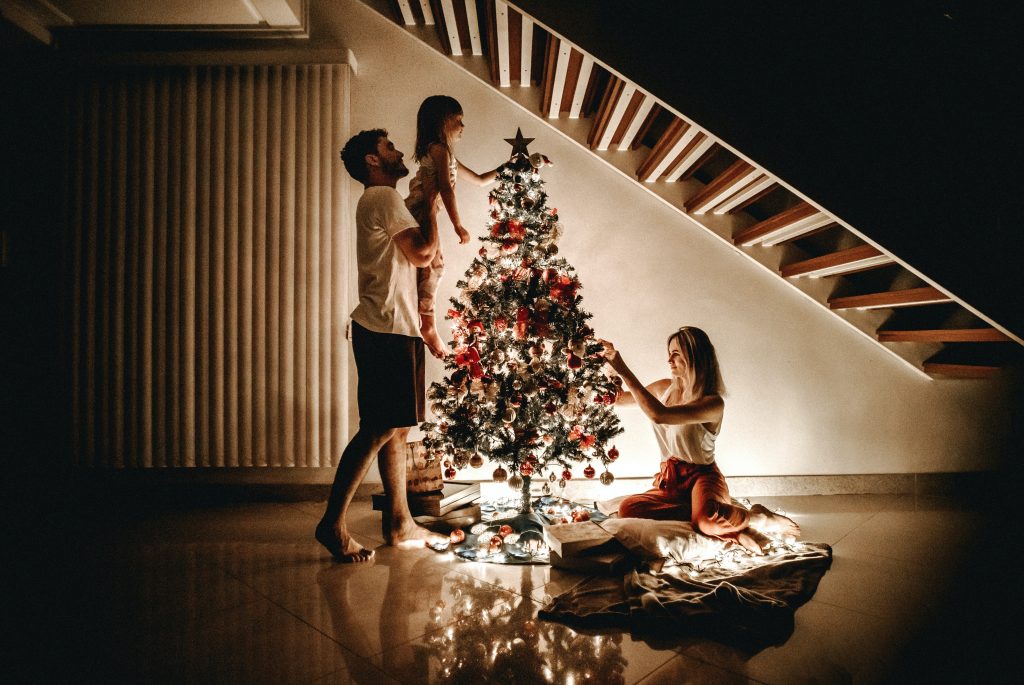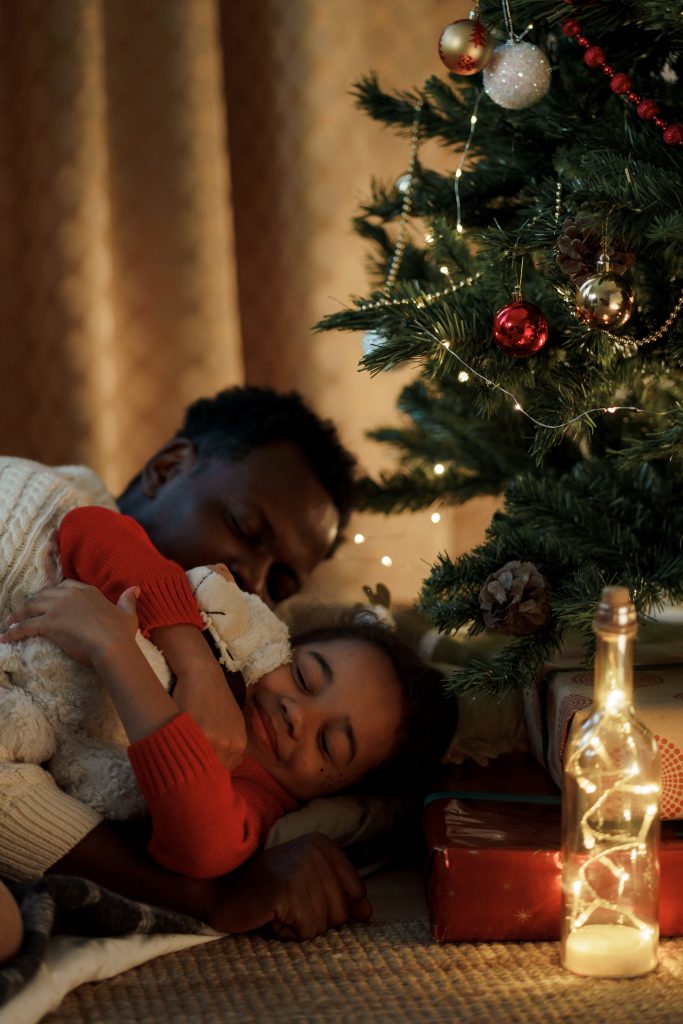Sleepy's use independent contractors for delivery services to our customers and during this time we want to support these small business owners and our customers to ensure safety for all. This may mean some interruptions to our normal delivery service and Free Old Mattress Removal which will be based on advice obtained from the Australian Government and the precautionary measures our delivery contractors determine necessary. If you are purchasing in one of our Sleepy’s showrooms or online, our staff will confirm the current status and keep you updated until your order has been delivered. If you are unable to accept the delivery due to illness or quarantine, you can arrange an alternative delivery time with the store. We are committed to continuing Sleepy’s amazing customer experience from the start of your mattress selection through to post purchase, delivery and beyond.
Read More
Home for the Holidays and Can’t Sleep?
Read More
Home for the Holidays and Can’t Sleep?
December 21st, 2021

When you arrive at a holiday destination or you’re staying at your family’s house, how do you sleep? Most people find they don’t sleep well in a new environment, tossing and turning through the night. With Christmas around the corner and travel back on the cards, first-night effect may become a reality.
First night effect can be defined as the alteration of your sleep architecture. Medical Director, Daniel Rifkin of Sleep Medical Centres (US) says, any time you’re sleeping in a new or unfamiliar environment, it’s safe to say you’ll have a longer sleep onset time—aka it will take you longer to fall asleep. “You’ll also forgo your first rapid eye movement (REM) period in many cases,” he adds. When you miss out on your REM sleep, you may find yourself feeling foggy headed when you wake up, as REM sleep is essential for memory consolidation.
This disruption occurs because our brains are busy taking stock of any potential threats in our new environments—even if we’re not consciously aware of it. “Our subconscious brain knows that’s not our normal place, so there’s a little bit of heightened awareness,” says Rifkin.
A Brown study found that the brain typically adjusts after the first night in a new environment, you may find it takes you some more time to get back on track—particularly if you’re traveling somewhere that has an uncomfortable bed, a noisy room, or any of the many other sleep disrupters.
To help prevent first night effect and improve your sleep when you’re on holidays, it’s important to have a sleep routine and sleep environment that is similar to your home life. We’ve put together some tips and trick to keep your sleep on track during the holiday season.

Manage your Sleep Routine
If you have travelled across time zones, you can help your body clock adapt more quickly to the time at your destination.
You can implement some small steps such as:
-
- Eat when you would usually eat at home, try to sleep when you would usually sleep at home and try to not go outside when it is dark at home.
- Take short naps and avoid large doses of caffeine.
Get the Environment Right
Your room should be as quiet as possible. Use a “do not disturb sign” to prevent unwanted interruptions and take care with the time you set on your alarm clock for the morning. Ear plugs may help if you have a noisy partner or are in a noisy environment.
Room Lighting
Keep your bedroom dark by closing the curtains or shutters before going to bed and turning off the lights. Some people find using an eye mask helpful.
Temperature
Make sure your bedroom is a comfortable sleep temperature. Adjust the air conditioning or the fan to suit your needs.
Are you comfortable?
Ensure your sleep surface is comfortable. A good mattress, pillow and blankets help you to get a good night’s sleep.
First night effect and sleeping in unfamiliar surroundings can be difficult for some people, no matter how comfortable your environment is. Attempting to stick to your normal routines and bringing a few personal items from home may help you feel comfortable in your home away from home, these Christmas holidays.

